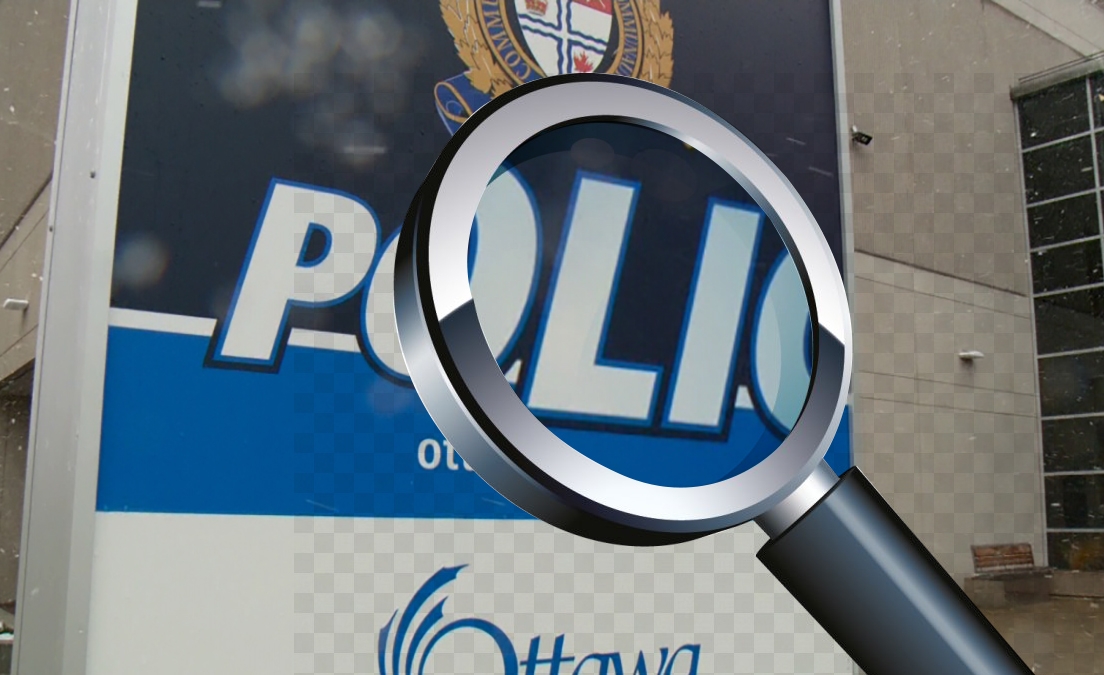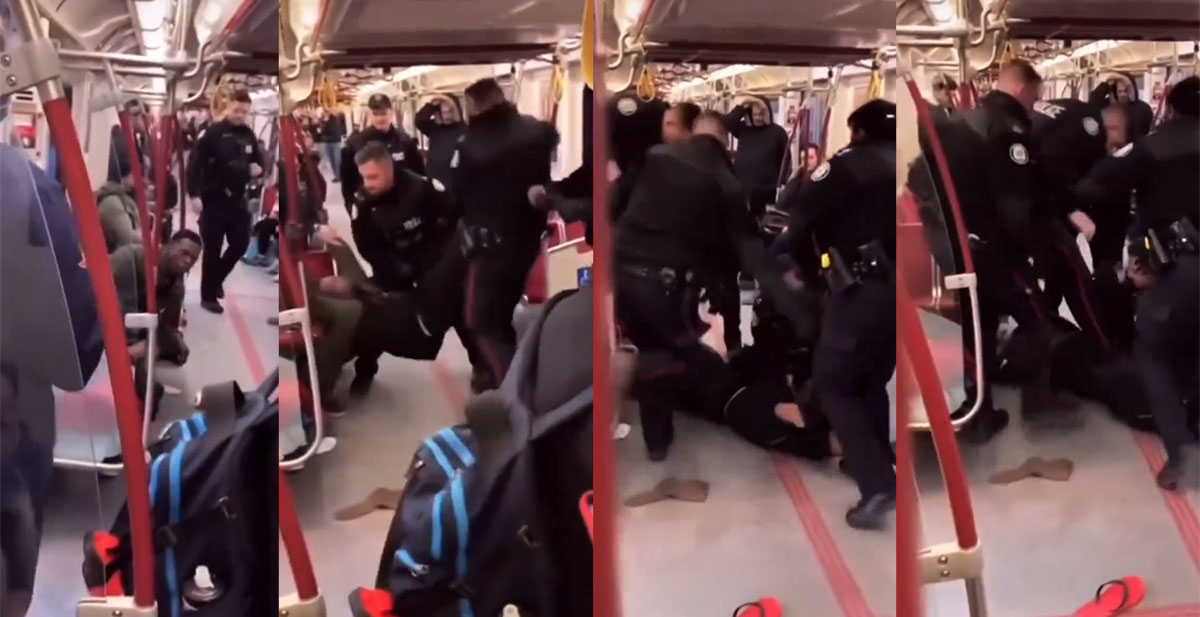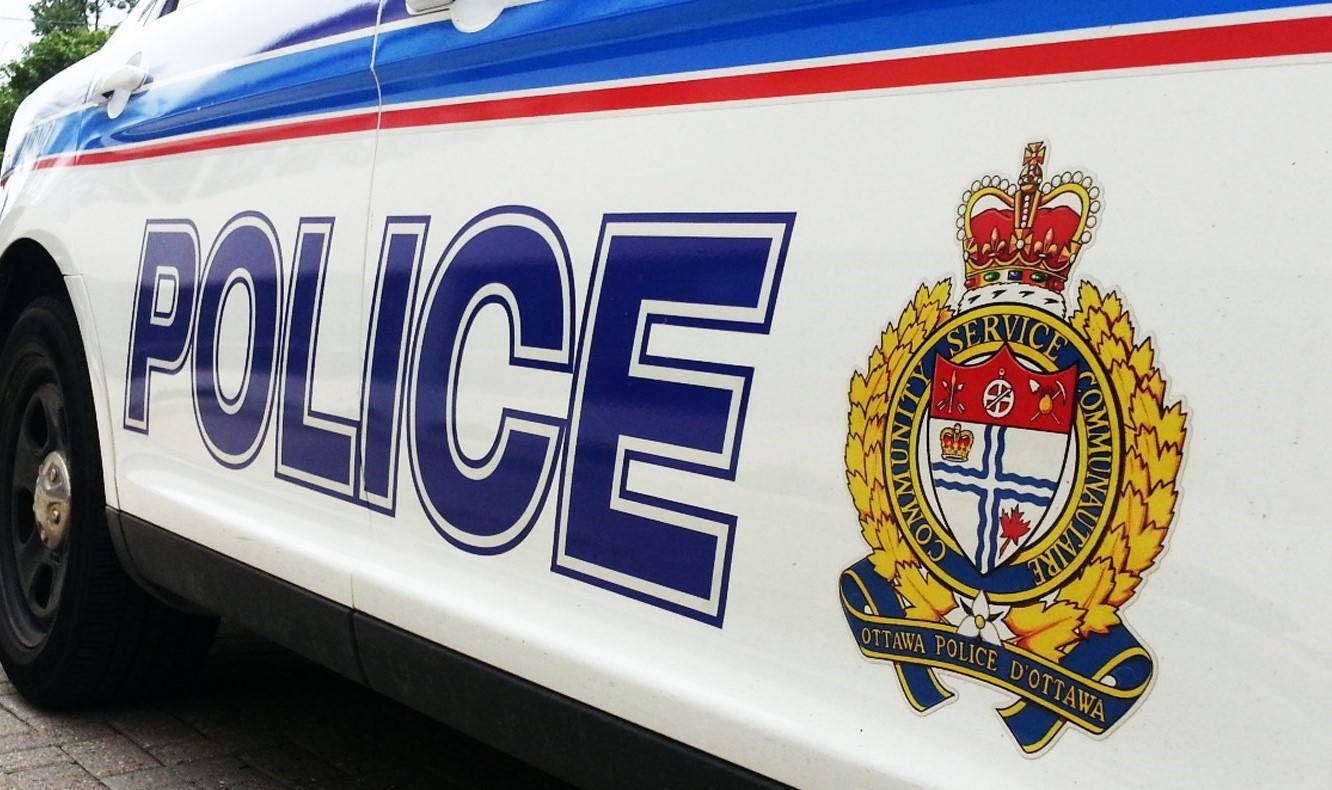
Police wrongdoing on rise, changes needed now
There are no easy answers to explain why a Toronto police officer shot a knife-wielding 18-year-old who posed no public threat nine times, but it does raise a red flag that something is seriously wrong with the way police deal with crisis situations.
By Darryl T. Davies
It would be an understatement to say that people are upset about Toronto police shooting to death 18-year-old Sammy Yatim. Indeed, more than a million people have watched the video footage showing a police officer shooting him nine times on YouTube. In the outrage following this incident, many people asked the question, “Why would the Toronto police shoot a man holding a knife who posed no immediate threat to the public, the police, or himself nine times and then taser him after he was lying on the floor of the street car?” There are no easy answers to explain the actions of the officer involved but it does raise a red flag that something is seriously wrong with the way police deal with crisis situations. The negative impact of this event and the way in which it was handled by the Toronto police will have a profound and negative effect not only on the victim’s family and friends but also on the increasingly precarious relationship that exists between the police and the public.
In the past five years, police at the municipal, provincial and federal level have been severely criticized for the manner in which they have handled encounters with the public. To add to the problem the number of incidents of wrongdoing by police, has escalated significantly across the country. For example, from January 2012 to July 2013, a total of 18 officers in the Ottawa Police Service have been convicted under the Police Services Act of Ontario for discreditable conduct. In one case a police officer pleaded guilty to 23 Police Act charges. The charges included using unnecessary force, abusing authority, pepper spraying a woman, disposing of drug evidence and doing police database checks on colleagues, relatives and himself. His punishment was one year without pay and extensive retraining. In another case, a staff sergeant pleaded guilty to personal use of the national police data base and insubordination for accessing police databases 169 times over a three-year period to check on the activities of a former lover. In this case the sanction was a mere demotion for a six-month period.
When the public reads and hears about these incidents what impact does it have on their respect and trust for police? When police officers across the country are slapped with only minor penalties by the courts when they break the law what does this say about police accountability? When the public sees police officers break the law with virtual impunity how can the public believe that the rule of law in our society applies equally to all classes of persons? What message does this send to other police officers and how does it affect police credibility in our communities?
The various oversight bodies such as the special investigations unit (SIU) and the Independent Police Review Director (OIPRD) have done little to allay the public’s cynicism and lack of trust in policing. Several years ago André Marin, the Ombudsman of Ontario, issued a scathing report on the SIU. His report called into question the SIU’s impartiality pointing out that more than 85 per cent of the SIU’s investigators were ex-police officers. Of the 3,500 investigations conducted by the SIU less than three per cent found any wrongdoing by police. Since the work of the OIPRD is outside the ombudsman’s jurisdiction it has avoided similar scrutiny. However, a strong case can be made that this body like the SIU is equally ineffectual in holding police accountable. If the Ontario government is serious about police oversight they should scrap these two bodies and establish a completely independent Civilian Review Commission that will work to ensure that police are held accountable for their actions under the rule of law. Until this happens nothing will change.
Some people think that the use of technology such as body cameras will help increase police accountability. The fact is that policing is about helping people in crisis. While innovative technology is useful it’s only one element of an overall approach that will help improve policing in Canada. If we want to improve policing we need to completely overhaul police training so that officers in the 21st century will be skilled not only in use of force scenarios but also in mediation, communications, race relations and alternative dispute resolution.
We cannot take a cookie-cutter approach to policing people who are mentally ill or in crisis situations. Police training needs to be greatly expanded and lengthened. Given the salaries police officers are paid, an eight- to 12-week training course is hardly sufficient to ensure they are adequately and properly trained. We should also demand that the Ontario government take responsibility by providing the necessary funding and support required to start the process of renewal and rejuvenation of all police agencies in the province.
Criminological research shows that the behaviour of new recruits changes dramatically after they join a police service. Given this fact, psychological tests should be administered every five years to ‘street cops’ to ensure that they are still mentally and emotionally fit for the job. We also need to hold police officers, like private citizens, accountable in law whenever they commit offences or abuse the public’s trust. The penalties for police officers convicted under the Police Services Act or the Criminal Code of Canada should result in more than a demotion in rank, loss of pay or an absolute discharge. Sammy Yatim was an 18-year-old teenager in crisis. He could have been your son or mine. The fact the Toronto Police Service thought that the only solution to help Mr. Yatim was to kill him by shooting him nine times should be a wakeup to the government of Ontario and to all citizens that policing has to change in this province and that it has to change now.
Darryl T. Davies is a criminology and criminal justice professor in the department of sociology and anthropology at Carleton University.
The Hill Times









